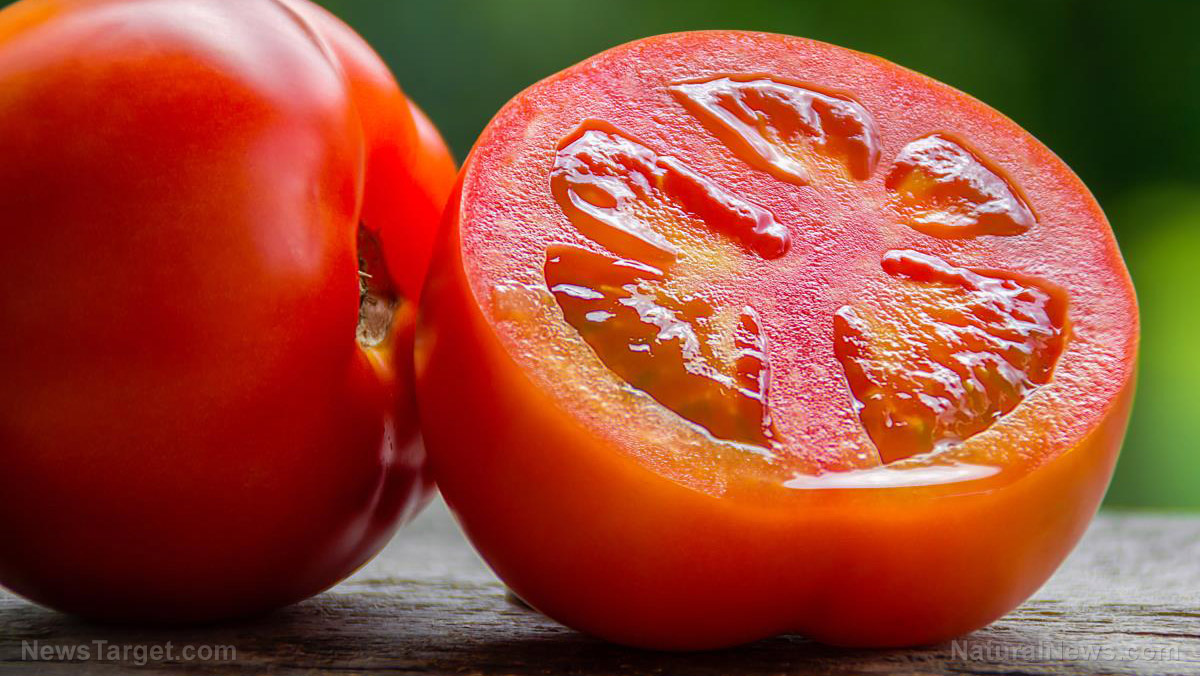Curcumin can be used to increase disease resistance in catfish, replacing antimicrobials
06/13/2018 / By Ralph Flores

There’s a lot of things that curcumin, the active ingredient in turmeric, can do for people. However, a study published in the American Journal of Animal and Veterinary Sciences revealed that the compound is also beneficial to fish. In particular, curcumin, when it is supplemented in fish diets, has the potential to improve disease resistance in commercially-farmed fish. In the study, corresponding author Saly Hafiz of the Tuskegee University College of Veterinary Medicine (TUCVM) and her team examined the effects of curcumin, in particular, its ability to increase disease resistance in aquaculture.
For the study, researchers used experimental channel catfish (Ictalurus punctatus) that were all two years of age. Before the study, they were acclimatized in laboratory conditions for 15 days, after which they were randomly assigned to one of three groups. These groups, which they referred to as treatment groups, each had 10 fish and was classified as the control (those that were not supplemented with curcumin) and the experimental groups (those that received either 0.5 or one percent of curcumin in their diets, respectively). Body length and weight were measured at the start of the study, and at 20-day intervals afterward. Two months after the fish started curcumin supplementation, researchers collected blood samples from nine fish from each group.
Researchers then injected Aeromonas hydrophila bacteria into the body cavities of the fish. The bacteria causes motile Aeromonas septicemia (MAS) in fish – a condition which is marked by the presence of blood poisoning (septicemia) and ulcers in the fish’s skin. The bacteria is commonly found in freshwater ponds and affects fish such as catfish, several species of bass, and many species of tropical or ornamental fish. The team observed the fish for a week, recording their morbidity and mortality.
From their findings, researchers discovered that fish that were supplemented with curcumin were heavier than those in control, with the difference becoming more pronounced 40 days after the fish modified their diet. They also discovered that curcumin-supplemented fish had lower levels of both interleukin-4 (IL-4) and interleukin-12 (IL-12), which are biomarkers for inflammation. This builds on an earlier study that exhibited the immune-boosting properties of curcumin in Nile tilapia that were infected with the pathogen Vibrio alginolyticus.
In terms of survivability against A. hydrophila, reported as a pathogen with the potential to cause widespread economic losses, fish that were supplemented with curcumin had a lower mortality rate than that of the control group. In particular, fish that were infected in the control group all died 24 hours after being challenged with the bacteria, but those that were provided with 0.5 and one percent curcumin had a 33 and 22 percent mortality rate, respectively.
Of the findings, the researchers confirmed the potential of curcumin to improve disease resistance in commercially farmed fish, thanks to its antimicrobial properties. Future studies, they added, will determine whether curcumin holds up in the long run, based on cost-benefit ratios – as well as discover the underlying process by which the compound enhances immunity in fish. This can also lead to reduced dependence on commercial antibiotics, especially since commercial kits do not deal with inflammatory mediators in fish. (Related: Pharmaceuticals are in your fish.)
“There is a need for research to study the efficacy of various natural supplements that can enhance non-specific immunity against various common fish pathogens and consequently enhance growth rates,” the authors wrote. “Proven efficacy of natural supplements may lead to decreased use of antibiotics and other harmful chemicals.”
Learn more about how antibiotics are in the food that you eat by going to Harvest.news today.
Sources include:
Tagged Under: Aeromonas hydrophila, antibiotic use in farms, aquaculture, catfish, curcumin, disease resistance, fish farms, immunity, natural supplements




















